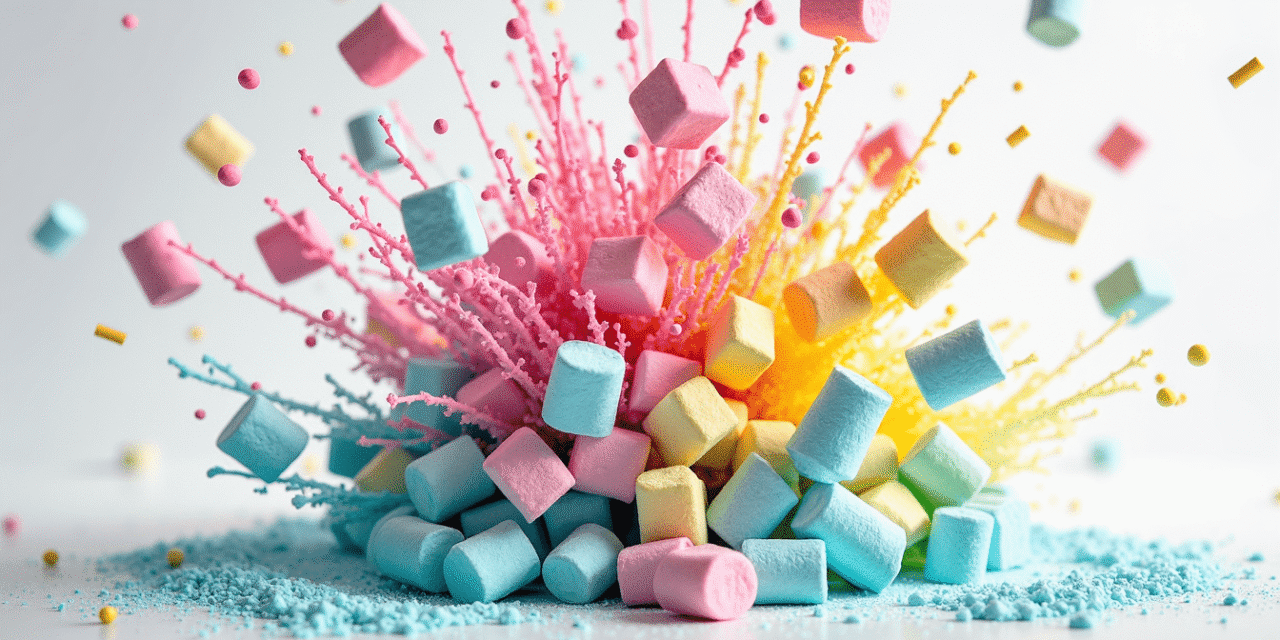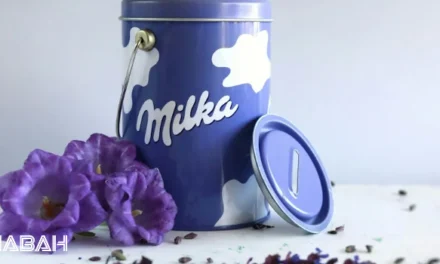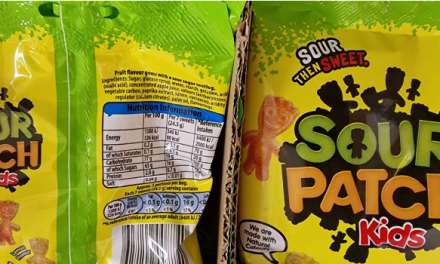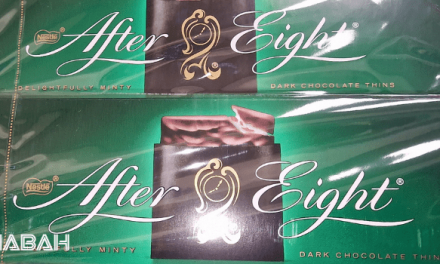I understand the importance of ensuring that the food we consume aligns with our religious beliefs. In this comprehensive guide, we will delve into the halal status of marshmallows, shedding light on the ingredients, manufacturing processes, and certifications that can help us make informed choices and indulge in this delightful treat with peace of mind.
A Comprehensive Guide for Muslims
Marshmallows are a popular confection enjoyed around the world, especially as an ingredient in desserts and candies. They have a distinctive soft, spongy, and fluffy texture thanks to their main ingredients of sugar, corn syrup/starch, and gelatin.
Some key facts about marshmallows:
- Originated in ancient Egypt as a honey-based candy
- Modern versions date back to the 19th century in France
- Main ingredients:
- Sugar
- Gelatin
- Corn syrup or starch
- Flavorings like vanilla
- Popular uses:
- Rocky road, rice crispy treats, s’mores
- Hot chocolate topping
- In desserts like cakes, pies, pudding
Marshmallows are now mass-produced globally, with brands like Kraft Jet-Puffed, Douwe Egberts, Campfire, and Haribo as top sellers.
“Marshmallow is a type of confectionery that is typically made from sugar, water and gelatin whipped to a squishy consistency.”
Given their worldwide popularity, the question arises whether standard marshmallows are halal or haram (impermissible) according to Islamic dietary laws. The ingredients and production process determine their halal status.
Overview of Islamic Dietary Laws
Islamic dietary laws categorize food and drink into what is permissible (halal) and impermissible (haram) for Muslims to consume. Several key factors determine halal status:
- Ingredients – Certain ingredients are strictly prohibited, including:
- Pork and pork products
- Alcohol and intoxicants
- Derivatives of improper animal slaughter
- Preparation – Food must be prepared in line with Islamic guidelines, which include:
- Reciting Allah’s name at time of slaughter for meat
- Avoiding cross-contamination of halal and haram ingredients
- Not using prohibited ingredients in processing
- Gelatin – The source of gelatin is controversial regarding halal status:
- Pig-derived gelatin is haram
- Cattle-derived is usually halal
- Some dispute whether any form of gelatin is permissible
“Muslims are only allowed to consume halal foods and drinks. Halal is an Arabic term meaning permissible or lawful. Therefore, halal foods are foods that are allowed to be consumed under Islamic dietary guidelines.”
Determining if modern mass-produced foods like marshmallows meet halal standards requires careful analysis of ingredients and production processes.
Factors Determining Marshmallows Halal Or Haram
Several key factors go into evaluating whether mainstream marshmallows are considered halal or haram:
Source of Gelatin
- Gelatin is commonly derived from pork or cattle:
- Pig gelatin – Haram to consume according to majority of scholars
- Cattle gelatin – Usually regarded as halal if properly slaughtered
- Fish gelatin – Also typically considered halal
“One of the major components of marshmallows is gelatin. Gelatin acts as a gelling agent that gives them the chewy texture. And if the gelatin is derived from pork, then marshmallows are haram.”
- Many mass market brands unclear about gelatin source
Alcohol Content
- Some marshmallow recipes include alcohol solvents
- Residual alcohol could be a factor in halal status
- Level of alcohol and intent of use determine permissibility
Shared Equipment
- Cross-contamination risks if same equipment processes haram ingredients
- Hard to verify for major manufacturers
Certifications
- Some brands certified halal, but many mainstream ones not
- Lack of transparency from large manufacturers
“Halal certification gives Muslim consumers the assurance that products are produced according to Islamic dietary laws.”
Careful analysis of these factors is needed to determine halal compliance.
Analysis of Major Marshmallow Brands Ingredients
Examining the ingredients and manufacturing processes of popular mass-market marshmallow brands provides insight into their likely halal status:
Mainstream Brands
- Kraft Jet-Puffed – no gelatin source disclosed; not halal certified
- Campfire – gelatin just listed as “gelatin”; no halal certification
- Haribo – some products state gelatin is pork-derived
“Many mainstream marshmallow brands do not disclose the source of their gelatin or confirm using a halal compliant gelatin source.”
Halal-Certified Options
- Douwe Egberts – certified halal status; gelatin from beef
- Guimauves Micheline – certified halal; vegetable-based gelatin
Alternatives
- Kasih Foods – vegan marshmallows; no gelatin
- The Marshmallowist – gelatin-free recipe; uses agar
“Muslims who wish to enjoy marshmallows should look for brands that are certified halal or contain no animal-derived gelatin.”
Full transparency from manufacturers is needed to conclusively determine halal compliance.
Frequently Asked Questions: Is Marshmallows Halal?
What are marshmallows?
Marshmallows are soft, squishy candies that are typically made from sugar, corn syrup, gelatin, and flavorings. They are popularly used in desserts, hot beverages, and campfire treats.
Are marshmallows halal?
The halal status of marshmallows depends on the ingredients used and the manufacturing process. Some marshmallows may contain gelatin derived from non-halal sources, which makes them non-halal. However, there are halal-certified marshmallow brands available, which ensure that the ingredients used are halal and the production meets halal requirements.
What is gelatin, and why is it important to consider?
Gelatin is a common ingredient in marshmallows. It is a protein obtained from collagen, often derived from animal sources such as beef or pork. Non-halal marshmallows may contain pork gelatin, which is considered haram (forbidden) in Islam. Halal marshmallows, on the other hand, use halal-certified gelatin sourced from halal animals or alternatives like plant-based gelatin.
Can Muslims eat marshmallows?
Muslims can consume marshmallows that are halal-certified and do not contain any haram ingredients. It is important for Muslims to check the packaging for halal certification or look for specific halal marshmallow brands.
Are all marshmallows made with gelatin?
No, not all marshmallows are made with gelatin. Some manufacturers produce marshmallows using alternative ingredients like plant-based gelatin substitutes, emulsifying agents, or other thickening agents. These vegan marshmallows, for instance, do not contain gelatin derived from animals.
How can I make marshmallows halal?
To make marshmallows halal, you can either choose to purchase halal-certified marshmallows from trusted brands or make them at home using halal-approved ingredients. There are various recipes available online for making homemade halal marshmallows.
Are Ziyad marshmallows halal?
Yes, Ziyad marshmallows are halal-certified. Ziyad is a popular brand that produces halal marshmall
Conclusion
In summary, the halal status of mainstream marshmallow brands is questionable at best:
- Lack of transparency around gelatin sources
- Possible alcohol residue from certain production processes
- Cross-contamination risks from shared equipment
“Most mass-produced marshmallows contain pork-based gelatin, rendering them haram for Muslims to consume. A few halal-certified options exist, but are not as widely available.”
Some recommendations for Muslims seeking halal marshmallow options:
- Look for halal certification from ingredients suppliers and manufacturers
- Choose brands that disclose gelatin is from fish or cattle sources
- Explore gelatin-free, vegan varieties
Major marshmallow makers should be more forthcoming about their ingredients and production methods. Full transparency is critical for Muslim consumers to make informed decisions about halal status.
“Muslims have the right to know if the foods they are purchasing and consuming adhere to their religious dietary requirements.”
In conclusion, mainstream marshmallows likely do not meet halal standards, but halal alternatives are available. Manufacturers also need to provide more information to conclusively address the question “Are marshmallows halal?”





